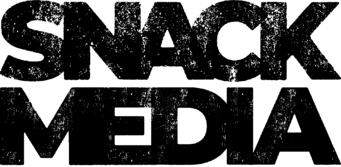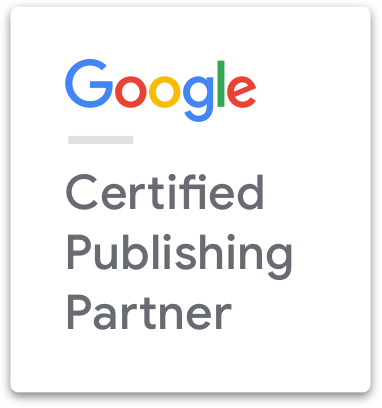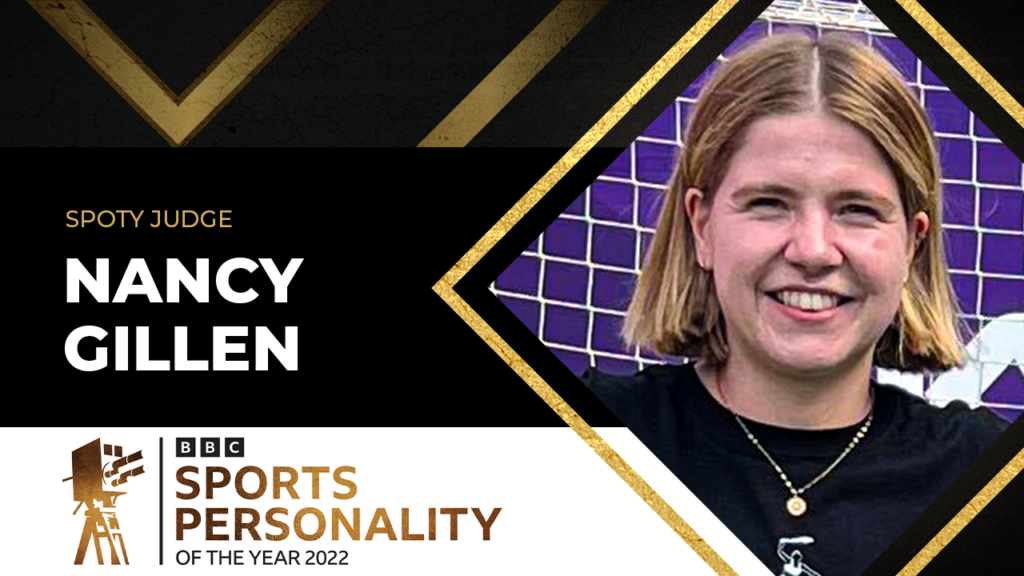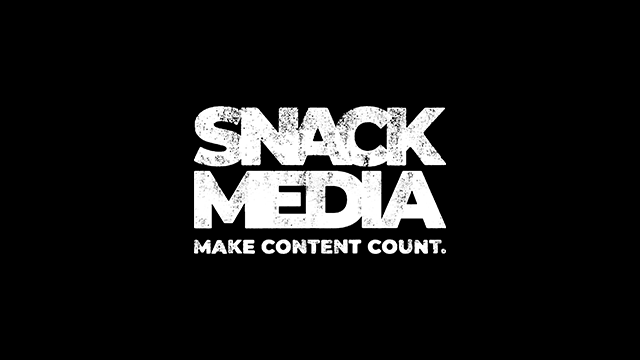How has life in digital media changed in the 10 years since you started Snack?
The industry has changed dramatically, but it’s really been in line with how life has changed, too: clearly one of the biggest changes has been the advent of social media.
Ten years ago, Snack Media started out as podcast business and grew from there, but right at the start I remember going along to a podcasting seminar. There, we listened to businesses take to the stage and tell us what they were doing. There was one which, at the time, we thought was crazy. But that business’ name was Twitter, who turned out to be one of the most influential of the last ten years in any field, delivering real time news – but back then the concept was so new, and it’s easy to forget that Twitter started out in podcasting, too.
So that whole growth of social media where anyone – fans, the public – can contribute their thoughts, their opinions and their own content has been crucial. We’ve seen a shift away from pre-defined media corporations with their own editorial policies to user-generated content and, in sport, fan-led media. That makes the opinion more democratic.
The growth of mobile has probably made that possible, too. When we started Snack, smartphones weren’t really about. Now everyone’s one click away from reading your content no matter where they are. And to be that close to readily-available information changes everything – even the way people act.
In the time since that technology was in its infancy, we’ve seen a lot of ideas arrive and fall by the wayside. How hard has it been to separate the wheat from the chaff when it comes to new technologies and which ones to adopt as a business?
It’s a really good question, because it’s not something that anyone can really predict. Right now, for example, there’s a huge amount of talk about VR and AR, gamification of content and even paywalls and subscriptions, but it all comes down to what a critical mass of people choose to take on board.
With the benefit of hindsight, we’ve been through a few false dawns, but the litmus test for me is, I ask, ‘would I do this, or would a friend of mine? Could I imagine myself taking part in an experience in this way?’ And if the answer is yes to that, then it’s probably got a chance.
The biggest things are definitely mass adoption and the convenience of use. I remember video messaging – it now even sounds like an outdated term to say it like that – and this was something that a lot of mobile phone companies were really pushing, and seemed sure it was going to change the world. But for four or five years nothing happened. And that’s because the technology hadn’t really caught up with the idea – it was only when the process of actually sending a ‘video message’ to your friend was elegant and easy – and if all your mates were already open to using it – that Snapchat was born.
So sometimes it’s the technology that’s lacking and an idea takes off years later when people actually have the hardware to make the process convenient, but sometimes the technology gets there early and it takes the crowd time to catch up. And now, the phone I have in my pocket is probably more powerful than most computers back when we started Snack.
When you started Snack, what were the early days like? Before the company grew to what it is today, reaching more than 20m fans a month and working with some big, recognisable brands like Heineken and Ford?
Oh wow, ok! Well, in the early days we did all sorts! The idea was always to be focused in and around sports content, but we ended up writing content on all sorts of different topics. One of our early sports clients was an SEO company, and they soon found that we had a whole chunk of talented writers and so we pivoted a bit and wrote lots of content for this particular client on anything to do with credit cards and finance to wood flooring and holiday reviews!
We did all sorts, but Snack Media was really founded with sports, and new media in mind at a time where the sector was all about podcasting, video and social media, which was just starting to take hold. I hosted a podcast about Tottenham Hotspur, and when we started to put written content around the podcast, that began to prove really popular and so we started to focus on creating those articles.
We went out on the road to bring in sponsors and we spoke to brands and media companies and brokered some deals. Once we found out that we were actually quite good at that, we started doing more of it! We spoke to our friends at other websites in and around our niche and did deals for them with brands and sponsors, and that’s really where the Snack Media network was born. We now have over 300 sites that we do this for and have invested heavily into data and technology to increase the revenue that we can deliver for our partners.
Was there one moment when you realised that Snack was really going to make it?
I managed to convince some PR people at Samsung to give us some money to run a campaign around the Euros in 2012 when Italy beat Germany and Mario Balotelli did that strange pose celebration with his shirt off. We invited a load of bloggers and got them all together in a room and got them talking about the game on behalf of a brand. We watched the match on the TV over beers and some food and got our conversation in front of millions of people online. It was one of the first pieces of influencer marketing, really. We got out in front of 3 or 4 million people in the space of 90 minutes, and I just thought, ‘wow, this could be big’.
Then on the back of that we started to work with Ford around UEFA Champions League finals and picked up work with Celtic and ended up working with Arsenal, and their sponsor Europcar. It didn’t just convince us, though – it convinced brands and those around us that Snack was full of innovative people who could drive returns for brands.
Where do you see Snack Media in the future – and where do you see the industry in the future?
I think we will continue to improve our services, fan engagement tools to deliver great content to fans and our insightful data for brands, too. Ultimately, I think we will double or triple the unique users to our owned and operated sites, from 20m to somewhere between 40m and 60m. That would be huge.
For the industry, obviously social media will dominate, but I think the ‘open web’ – that is, .com .co.uk sites – will play an important role, too. There is very much a place for that, and we’d be a lot poorer if publishers only publish on Facebook and YouTube.
In terms of sport, the big players will have to innovate to stay ahead, we mentioned VR and AR earlier, but i’m not convinced they’ll be here en masse for another few years yet. Phones and social media are convenient and everyone has the hardware, but with VR at the moment you still need to go and buy the headset. And you don’t part with the cash unless you’re super avid, or unless your mates are already using it – and at the moment, it’s only the super avid who have it.
That might change over time, but I think it’s another case of technology getting there too early for mass adoption, and so the industry is still all about being innovative within the frameworks we currently have. So expect better games, graphics, 360 video, not VR in every living room just yet.
What project are you most proud of?
I’m immensely proud of everything we’ve done, to be honest. All the employees and interns who we’ve had through the business, who’ve gone on to work with some of the biggest names in the industry like the BBC and Real Madrid – just guys who have been through our internship scheme and worked for us over the years.
In terms of a client campaign, when you’re doing the Champions League final for a brand like Ford, and you’re arguably out-punching a sports brand like Adidas, that’s a time when you think ‘wow, that’s actually really quite cool!’
I’ve personally been really proud of the fact we’re now going into the fifth year of representing the NFL in the UK, selling advertising for NFL.com. They’re one of the biggest brands in sport, and working with them for so long has been a great achievement – and to watch them grow in this country in the way that they have over those years is really amazing. They’re probably the biggest, best organised rights holder that we’ve had the privilege of working with.





